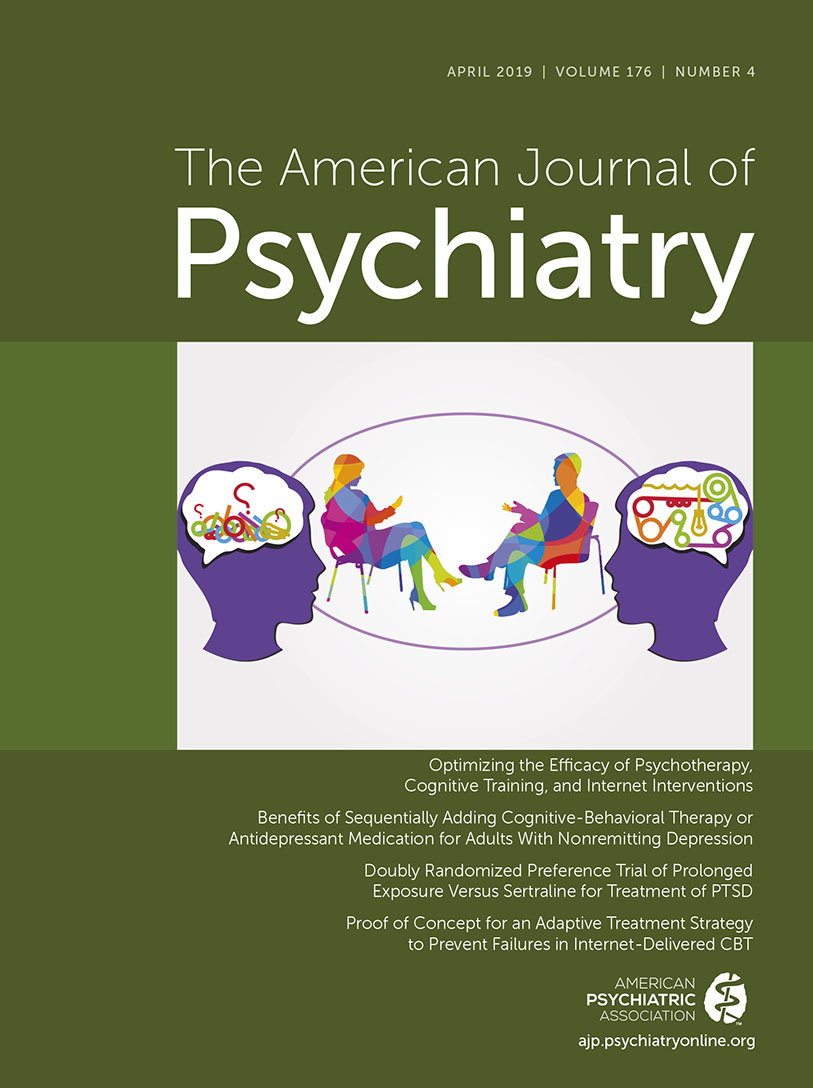Abstract
Objective:
Cognitive remediation is an efficacious treatment for schizophrenia. However, different theoretical approaches have developed without any studies to directly compare them. This is the first study to compare the two dominant approaches to cognitive remediation (training of executive skills and training of perceptual skills) and employed the broadest assessment battery in the literature to date.
Methods:
Outpatients with schizophrenia spectrum disorders were randomly assigned to receive either executive training or perceptual training. Electrophysiological activity, neurocognition, functional competence, case manager-rated community functioning, clinical symptoms, and self-report measures were assessed at baseline, immediately after treatment, and at a 12-week posttreatment follow-up assessment.
Results:
Perceptual training improved the EEG mismatch negativity significantly more than executive training immediately after treatment, although the effect did not persist at the 12-week follow-up. At the follow-up, executive training improved theta power during an n-back task, neurocognition, functional competence, and case manager-rated community functioning to a greater extent than perceptual training. These effects were not observed immediately after treatment.
Conclusions:
Both perceptual training and executive training improved neurophysiological mechanisms specific to their domains of intervention, although only executive training resulted in improvement in neurocognition and functioning. Improvements in favor of executive training did not appear immediately after treatment but emerged 12 weeks after the end of active treatment. Thus, short-term intervention targeting higher-order cognitive functions may prime further cognitive and functional improvement.



